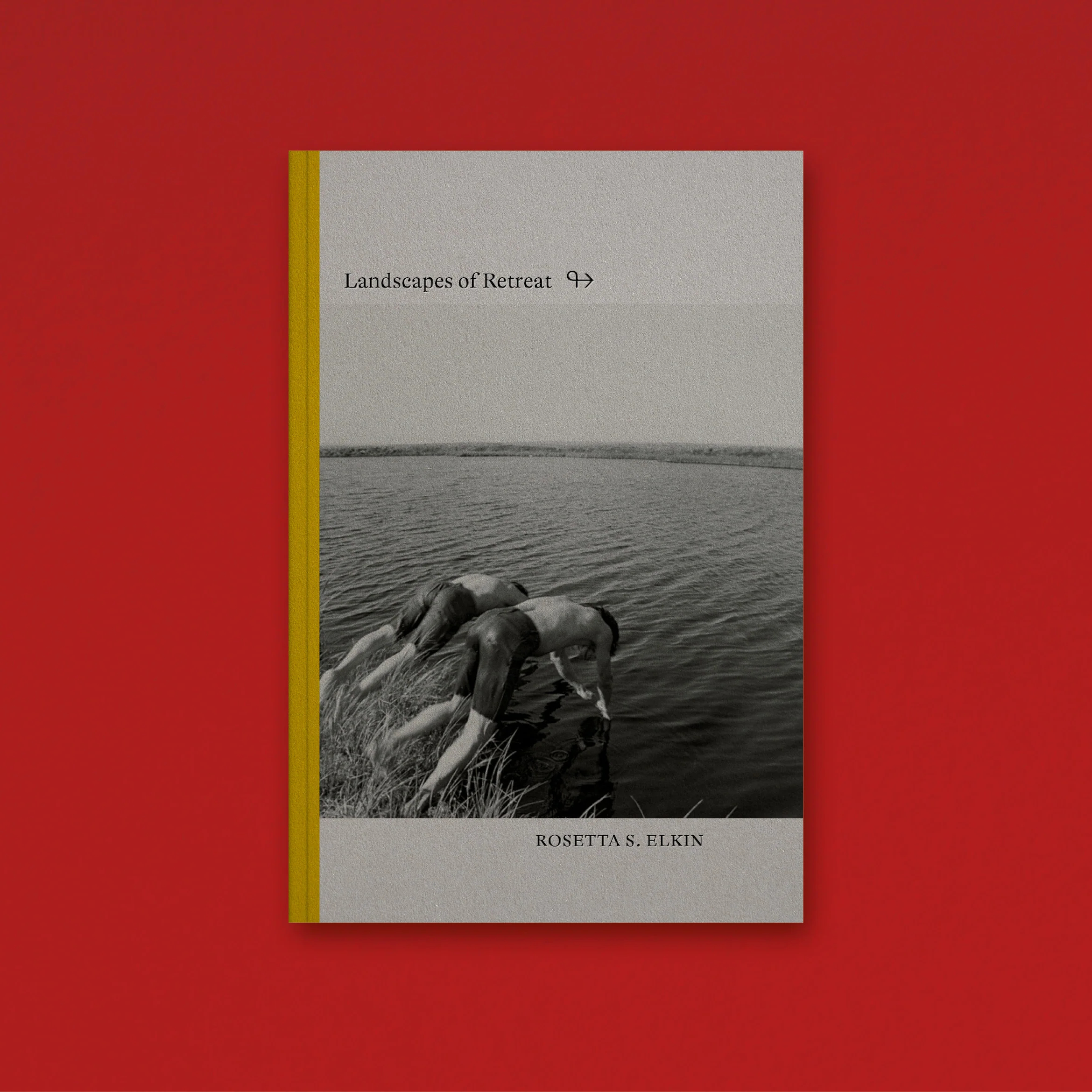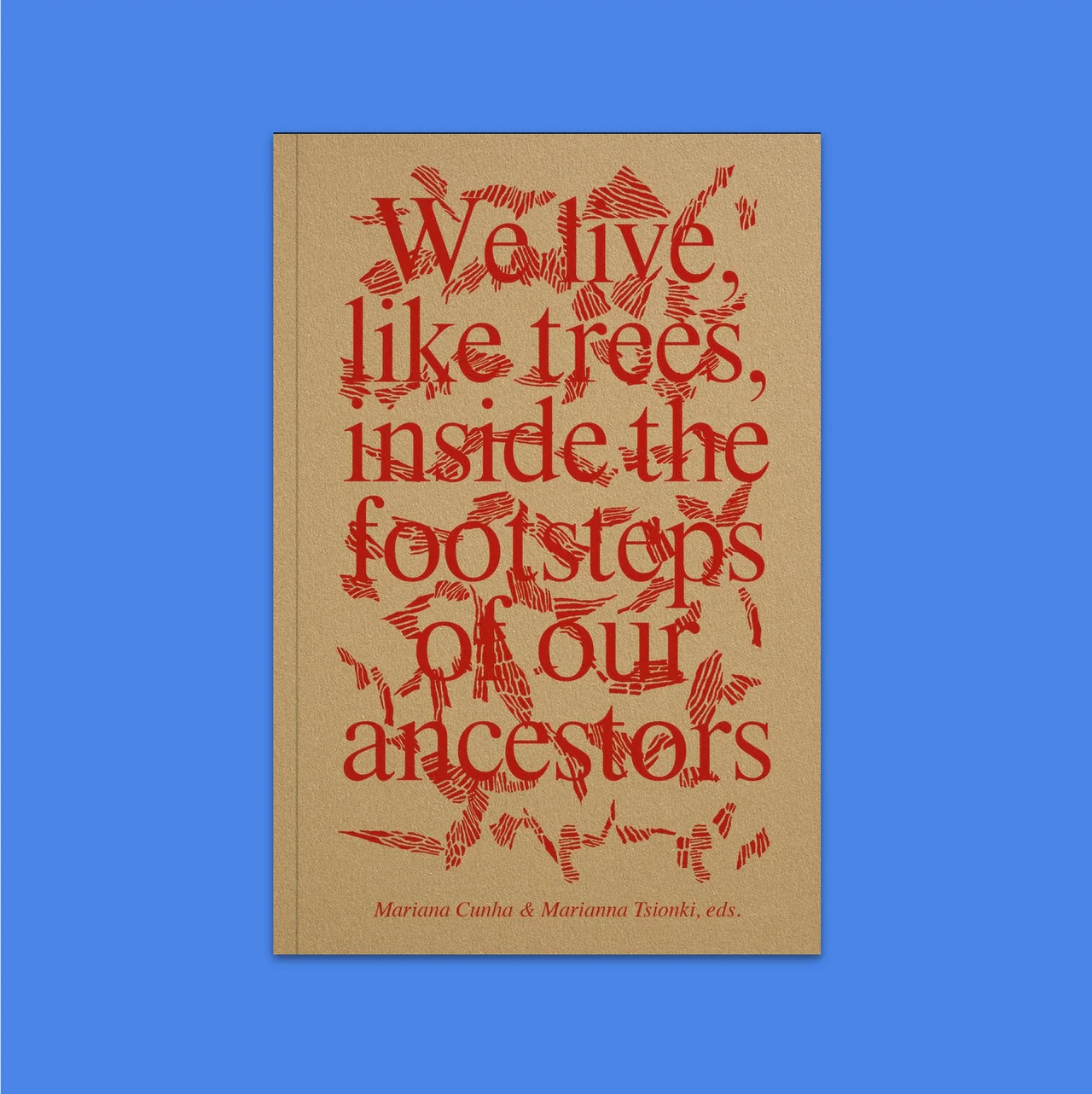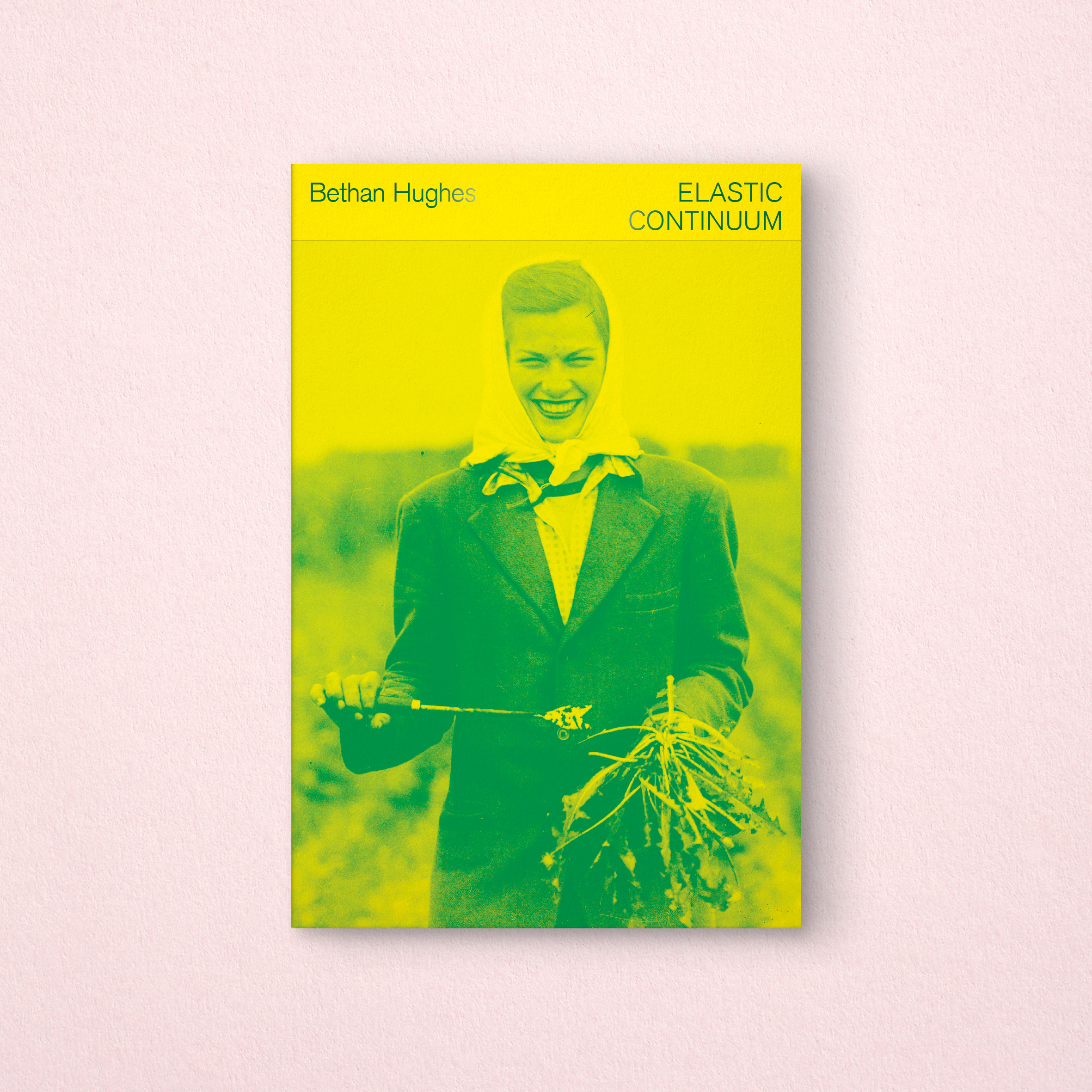K. Verlag
K. Verlag is a Berlin-based publishing atelier committed to expanding the book-as-exhibition through rigorous editorial-design processes that integrate ecological, political, and artistic inquiry. Over the past decade, we have developed publications that critically engage with the planetary crisis, collaborating with artists, authors, and institutions to rethink how publishing can be an ecological act in itself—both materially and conceptually.
Our intercalations series, produced in dialogue with Das Anthropozän Projekt at Haus der Kulturen der Welt, explored multispecies entanglements, colonial natures, and speculative cartographies, while our current Processing Process series foregrounds the politics of artistic method. In 2024, we launched Pensées soignées, a series dedicated to translating non-Anglophone intellectuals reflecting on care as an epistemic force.
Recipient of the Deutscher Verlagspreis (2020, 2023) and several book awards, including the J.B. Jackson Book Prize in Landscape Studies (2024), K. Verlag remains committed to publishing as a transformative practice—building dedication to solidarity, material responsibility, and radical imagination through the printed page and beyond.
Our intercalations series, produced in dialogue with Das Anthropozän Projekt at Haus der Kulturen der Welt, explored multispecies entanglements, colonial natures, and speculative cartographies, while our current Processing Process series foregrounds the politics of artistic method. In 2024, we launched Pensées soignées, a series dedicated to translating non-Anglophone intellectuals reflecting on care as an epistemic force.
Recipient of the Deutscher Verlagspreis (2020, 2023) and several book awards, including the J.B. Jackson Book Prize in Landscape Studies (2024), K. Verlag remains committed to publishing as a transformative practice—building dedication to solidarity, material responsibility, and radical imagination through the printed page and beyond.


